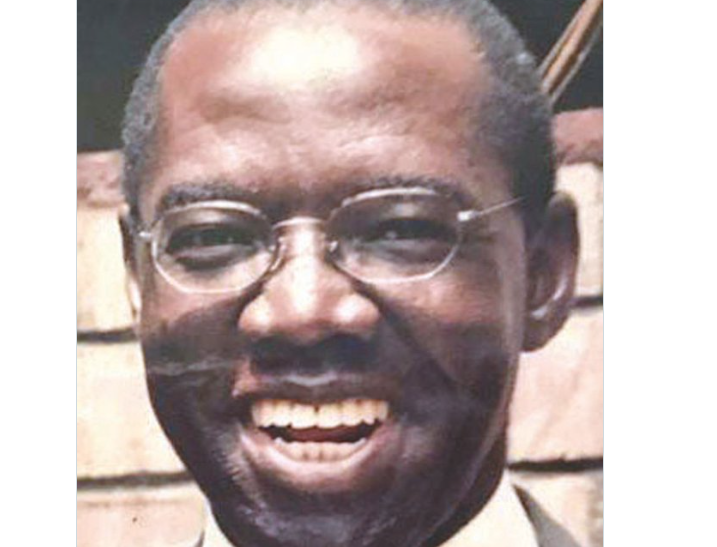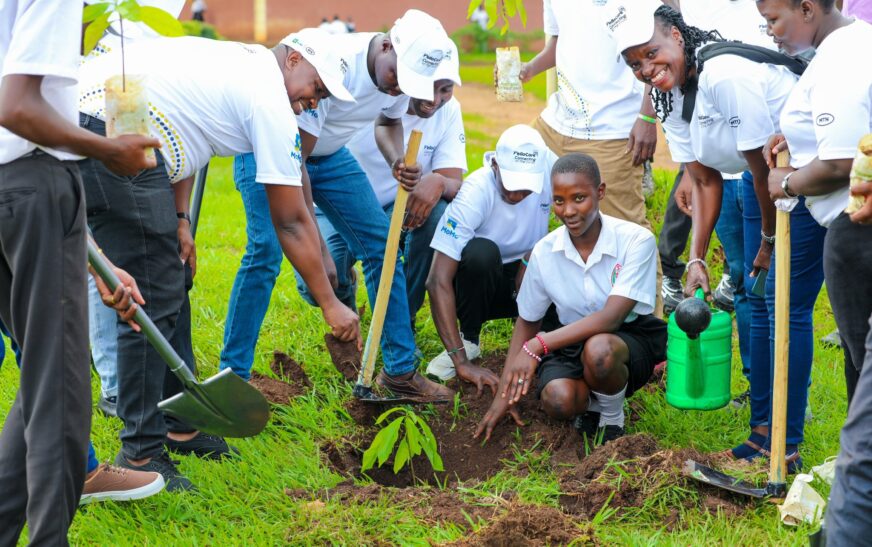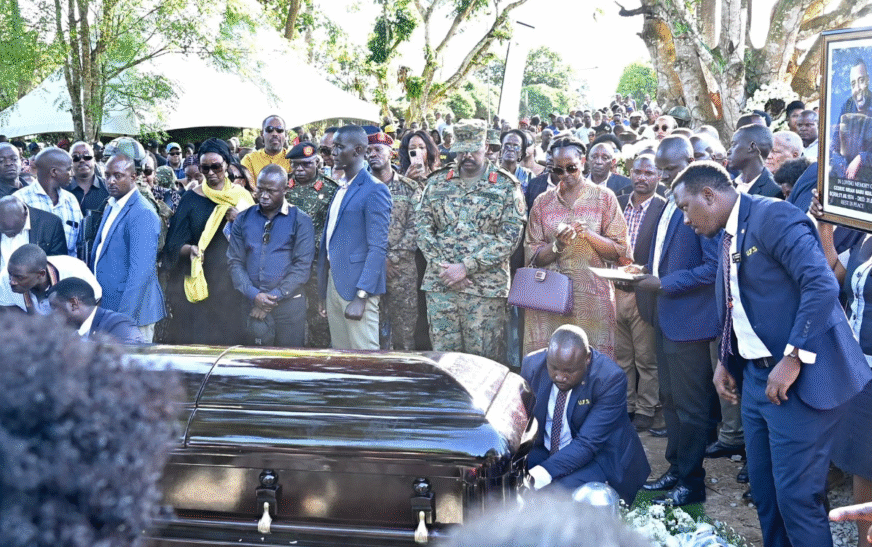The Court of Appeal has ruled that city businessman Mohan Musisi Kiwanuka has been suffering from dementia, a mental illness since May 2017, rendering him unable to manage his personal and financial affairs.
In 2019, his son, Jordan Ssebuliba Kiwanuka, filed a court case seeking control over his father’s properties. He claimed that Kiwanuka had previously gifted the family assets to them but had since become too frail to remember, arguing that his father’s cognitive condition had deteriorated significantly over time.
However, High Court Judge Sekaana Musa dismissed the application, ordering both parties to bear their legal costs. The court later found Jordan guilty of multiple offenses, resulting in his eviction from two properties he had illegally occupied for over a decade.
Jordan subsequently appealed the High Court’s decision, arguing for a mental health examination of his father, citing signs of dementia and an inability to manage his affairs.
In 2023, Mohan Kiwanuka’s sisters; Jalia Muwanga, Nantege Yudaya Nsereko, Berti Nsereko Kawooya, and Sarah Nsereko joined the legal process, seeking a formal court ruling on their brother’s mental state.
The sisters raised concerns that Kiwanuka was battling Alzheimer’s disease, leading to severe cognitive decline. They further alleged that despite his deteriorating condition, he was not receiving adequate care from his wife, Maria Kiwanuka.
Sarah Nsereko, a retired dementia caregiver with experience in the UK’s National Health Service (NHS), testified that her professional assessment confirmed her brother required urgent medical attention.
According to reports, Kiwanuka was first diagnosed with Alzheimer’s in 2017 by UK-based psychiatrist Dr. Farook Maniyar. At the time, the condition was in its early stages, and he was discharged after receiving treatment.
Later, upon returning to the UK, his condition reportedly improved. However, Nsereko claimed that his wife neglected him leaving early in the morning and returning late at night while the housemaid was too occupied with chores to provide adequate care. By 2019, his condition had worsened, particularly after he stopped visiting his UK-based doctor. Concerned by his health decline, his sisters arranged to visit him daily.
In a surprising revelation during court proceedings before Justice Flavian Zeija, Kiwanuka’s lawyer, Francis Buwule, admitted that his client was suffering from a mental illness.
The Court of Appeal found that the High Court had prematurely concluded the matter of Kiwanuka’s mental competence and therefore ruled that the appeal was justified.
Justices Cheborion Barishaki, Christopher Gashirabake, and Dr. Asa Mugenyi admitted new evidence, including affidavits from Kiwanuka’s biological sisters, uncle, and medical experts, as well as the record from the previous High Court case. Based on this evidence, the Court concluded that Kiwanuka has been suffering from Alzheimer’s disease/dementia since 18 May 2017 and has been unable to manage his affairs.
The Court of Appeal set aside the earlier High Court decision and Granted access to Kiwanuka’s medical records and physical visitation rights to his family members, Ordered a full accounting of all estate transactions from May 2017 to date and Directed that a family meeting be held to appoint a new manager of the estate failing which, the Court will appoint one.
“The Court therefore issues an order allowing all the Respondent’s lineal descendants and relatives to have unfettered physical access to him. Furthermore, individuals and family members who have been managing the Respondent’s estate to date must provide the Appellant and lineal descendants a full account of all transactions, including any asset disposals, rental income, sales, loans, and mortgages, supported by transaction documents, within 30 days of this judgment.”court ruled.
Given the family-centered nature of the dispute, the Court ruled that each party would bear their own legal costs to promote unity and cohesion within the Kiwanuka family.





















